Our advisory board brings together leaders in behavioral health, technology, and business. Their diverse expertise ensures our resources and product are innovative, evidence-based, and effective. They dry drunk syndrome guide our mission as accomplished individuals dedicated to improving the landscape of addiction recovery and mental wellness. Recovery.com combines independent research with expert guidance on addiction and mental health treatment.

The Psychology of Dry Drunk Syndrome
- If allowed to continue, eventually trust and intimacy becomes eroded, and relationships can become unhospitable.
- Believing that simply quitting alcohol is enough can lead to stagnation in your recovery journey.
- Superiority or grandiosity refers to a return to a self-centered mindset, where an individual believes the world revolves around them.
- And, you can keep going to AA meetings as long as you want, even after you leave treatment.
Find support groups near you and commit to attending them for long term recovery. The first step in overcoming dry drunk syndrome is to acknowledge your feelings and experiences. Understand that it is normal to feel a range of emotions during recovery. Journaling or discussing your feelings with a therapist or support group can help you find emotional support. Without some ongoing guidance and support, the dry drunk will continue their same dry alcoholic behavior.
What are common street names?

Being aware of the symptoms is the first step to addressing them and getting some relief. drug addiction Whatever the case may be, being in this chaotic emotional space can be incredibly upsetting and psychologically painful. It is often a giant “red flag” that a relapse is on the horizon if they don’t reach out for help or seek treatment options.
- These therapies provide the tools to challenge old behaviors, work through emotional struggles, and improve relationships, all of which are key to lasting recovery.
- This therapy targets the emotions of dry drunk syndrome and the strong feelings that may have led to substance use in the first place.
- Limited emotional and psychological coping mechanisms are also signs of dry drunk syndrome that make it different from a healthy recovery.
- Instead, we refer to someone as having an alcohol use disorder or struggling with alcoholism or alcohol addiction.
- Dry drunks may also quickly blame others for their problems and be unwilling to accept responsibility.
Is it always a sign of a relapse?
Others think a dry drunk is a person who is sober but unwilling to commit to rehab or other forms of therapy. These people exhibit behaviors similar to the problematic behaviors they displayed while drinking. They may refer to these people as high-risk patients because they have a high risk of relapse into alcoholism. Dry drunk syndrome gets its name because it affects individuals who are in recovery from alcohol addiction, also known as “dry,” causing https://ecosoberhouse.com/article/you-are-not-powerless-over-alcohol-and-heres-why/ them to act the way they did when they were previously drinking. Your loved one has worked hard to overcome their addiction to alcohol. They have undergone medically supervised detox and are now attending a professional addiction treatment program as well as a local 12-step group.
Psychological Signs Of PAWS
Oro Recovery provides compassionate care, combined with evidence-based treatment therapies for people struggling with addiction and mental health. Dry Drunk Syndrome is a term born out of the Alcoholics Anonymous 12-step program to describe a person who stopped drinking but hasn’t resolved the issues that caused them to drink. Avoiding the self-examination and emotional work necessary for recovery can leave a person who’s entirely sober feeling worse than they did before they quit drinking altogether. Treatment methods such as cognitive behavioral therapy (CBT), acceptance and commitment therapy (ACT), and dialectical behavioral therapy (DBT) are effective. Family therapy, contingency management, and individual or group therapy also help.
Broken and Bleeding: Emotional Trauma and Substance Use Disorder
Recovery, by contrast, is a process of physical and emotional healing from the disease of addiction. According to the National Institute on Drug Abuse6, recovery is a change process. As part of this process, people improve their complete health and wellness, live in a self-directed way, and work toward reaching their full potential.
So, it’s important to remember the signs and symptoms of dry drunk syndrome. That way, you can differentiate its symptoms from another health condition and get the treatment you need. Having a co-occurring disorder can exacerbate each diagnosis and make it harder to treat. Finding an integrative treatment program that addresses both disorders at once can help address your mental health condition while supporting your recovery.

The goal of the content provided by Agape Behavioral Healthcare is to provide readers with the most accurate and up-to-date information in mental and behavioral healthcare. Our medical reviewers specialize in mental health and addiction medicine and are committed to helping our readers make informed decisions about their health. We adhere to strict accuracy standards and source information exclusively from credible sources. CBT helps you identify and address the thoughts and emotions behind your behaviors.
